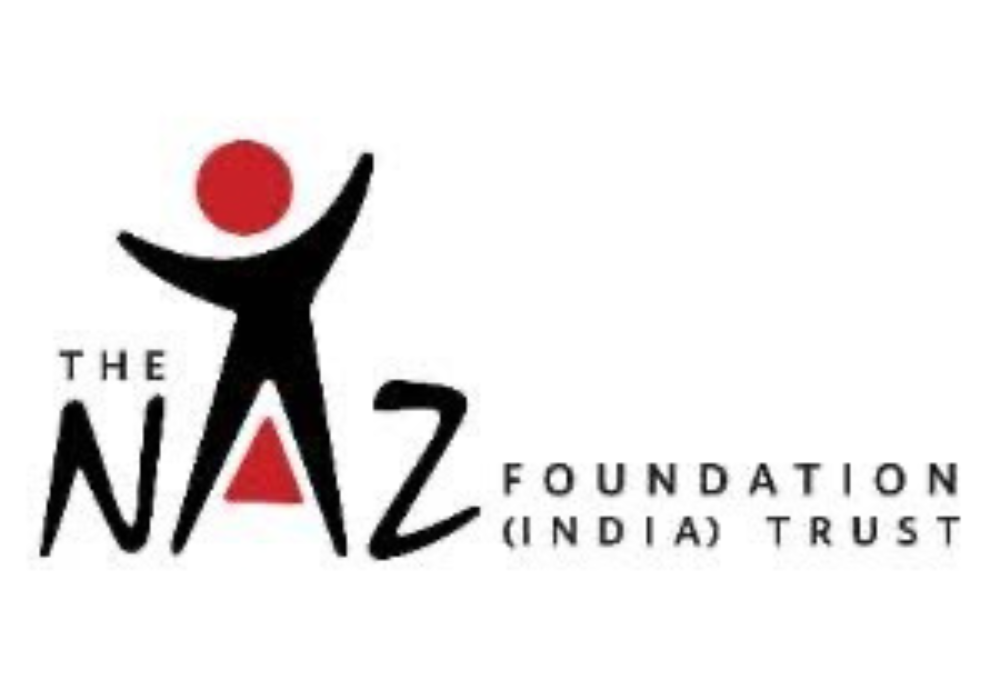Analysis
Queer Persons’ Right to Marry: Court in Review
Tracing the Supreme Court's decisions on queer persons' right to marriage and family.
2013
Suresh Kumar Koushal v NAZ Foundation
In 2009, the NAZ Foundation filed a writ petition challenging the constitutional validity of Section 377 of the Indian Penal Code, 1860 (criminalisation of sexual acts considered ‘unnatural’) before a Division Bench of the Delhi High Court. The HC issued an Order declaring that Section 377 violated Articles 14, 15 and 21 of the Constitution. Subsequently, an appeal was filed before the Supreme Court. On December 11, 2013, the SC overturned the Delhi HC’s decision, stating that Section 377 ‘does not suffer from any constitutional infirmity.’ The Court stated that merely because the section was being misused and used to perpetuate harassment, it cannot be considered unconstitutional. They also pointed out that the High Court hastily relied on judgements of other jurisdictions in its ‘anxiety to protect the so-called rights of LGBT persons.’ Consensual sexual intercourse between persons of the same sex was once again considered a criminal offence. The Bench stated that the issue should be discussed and resolved by Parliament.
2014
National Legal Services Authority v. Union of India
In 2014, the SC recognised transgender persons as the ‘third gender’ and a person’s right to self-identify. They stated that Article 19(1)(a) of the Constitution granted all citizens the right to freedom of speech and expression, which includes their right to express their self-identified gender. This could be done through one’s dress, words, action or behaviour or any other form, subject to the restrictions contained in Article 19(2) of the Constitution. The Court affirmed that transgender people would be entitled to the same fundamental rights as cis-gendered persons. By acknowledging the rights of transgender individuals, the SC laid down a significant precedent for the furtherance of the rights of the queer community as a whole.
2017
Justice K. S. Puttaswamy (Retd.) v Union Of India
In 2012, Retd. Justice K. S. Puttaswamy filed a writ petition before the Supreme Court challenging the Constitutionality of the Aadhaar Scheme. The petitioners alleged that the Aadhaar scheme was an ‘invasion’ of one’s right to privacy and it could result in a ‘surveillance state’. The Union argued that the right to privacy was not a fundamental right since it was too subjective to define and, at best, could be protected under Common law. The Court accepted the argument and saw a need to further explore the meaning of Article 21, specifically whether it encompasses the right to privacy. In August 2017, the SC recognised the right to privacy as a fundamental right under Article 21. The Court outlined that the Right to privacy would cover intrusion with an individual’s physical body, informational privacy, and privacy of choice. This case laid down the groundwork for a reevaluation of Section 377 and the rights of queer persons.
2018
Navtej Singh Johar v Union of India thr. Secretary Ministry of Law and Justice
In 2018, the SC heard a writ petition challenging the constitutionality of Section 377 of the Indian Penal Code, 1860. The petitioners argued that the provision violated their fundamental rights. Building on Puttaswamy (2017), the Supreme Court partially read down Section 377 and decriminalised homosexuality. The Court recognised consensual homosexual relations, underscoring the principles of equality and individual autonomy. The Court held that Section 377 violated human dignity and the right to privacy and found sexual orientation to be “an essential and innate facet of privacy”. This right to privacy includes the right of every individual, including an LGBTIA+ person, to express their choices of sexual inclination without having to fear persecution. The Court further highlighted that any adult’s consensual sexual acts in a private space are not harmful to society. The Court clarified that sex with minors, non-consensual sexual acts, and bestiality would still be criminal offences.
2023
Supriyo @ Supriya Chakraborty & Anr. v Union of India
Two same-sex couples filed writ petitions before the SC on November 14th, 2022. They sought legal recognition for same-sex marriages in India. On April 18th, 2023, a 5-Judge Constitution Bench led by Chief Justice D.Y. Chandrachud began hearing the case. The petitioners and the Bench agreed to restrict the case to just the Special Marriage Act, 1954 to avoid potential conflicts with various personal laws. The petitioners argued that Section 4(c) of the Act restricts marriage solely to unions between a ‘male’ and a ‘female’. This results in discrimination against same-sex couples, as essential marital benefits such as adoption, surrogacy, employment, and retirement benefits are denied to them. The Union maintained that marriage is a union between a heterosexual man and a woman. They also argued that the SMA was intended only for heterosexual marriages. After ten days of arguments, on May 11th, 2023, the Bench reserved judgement in the case.
